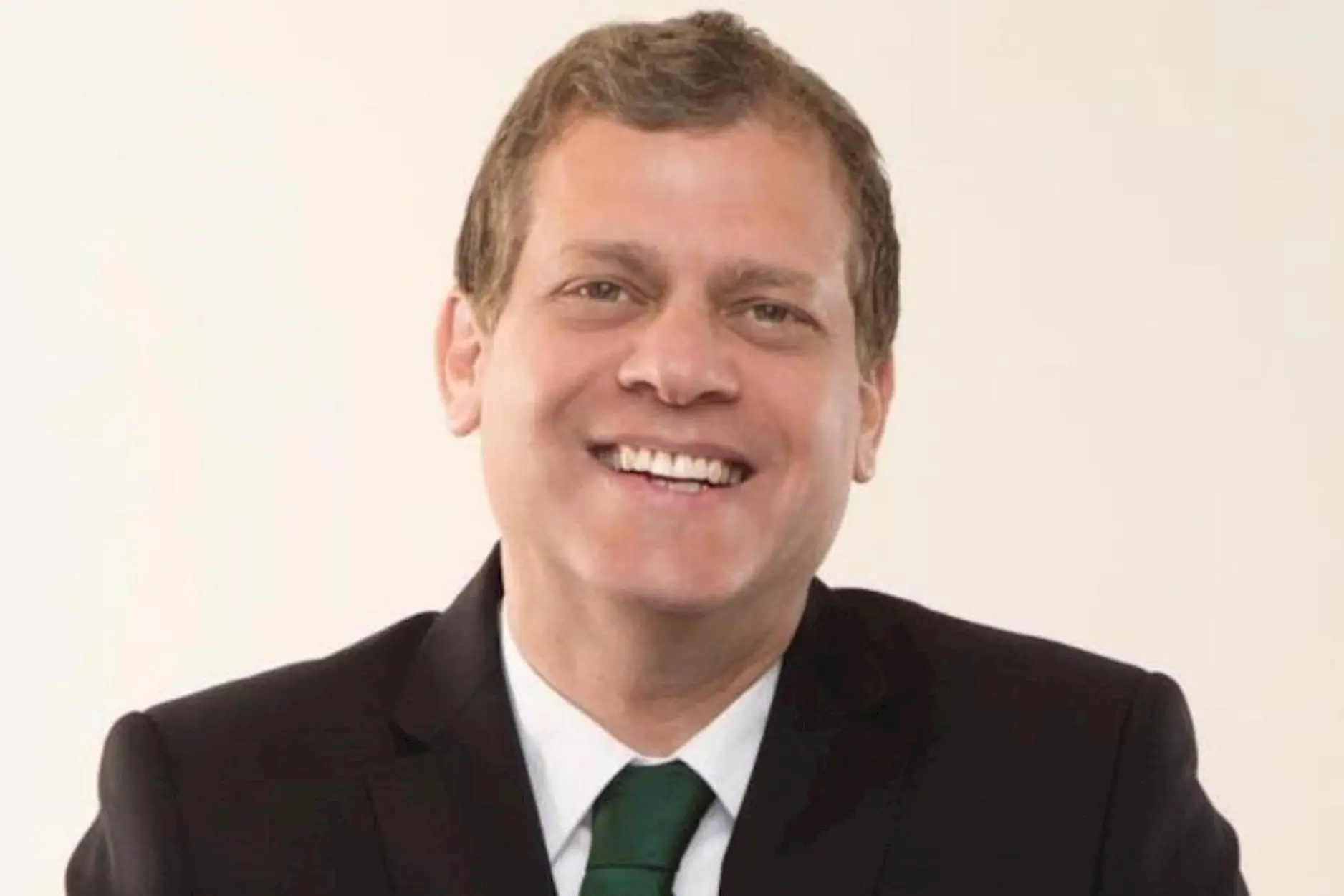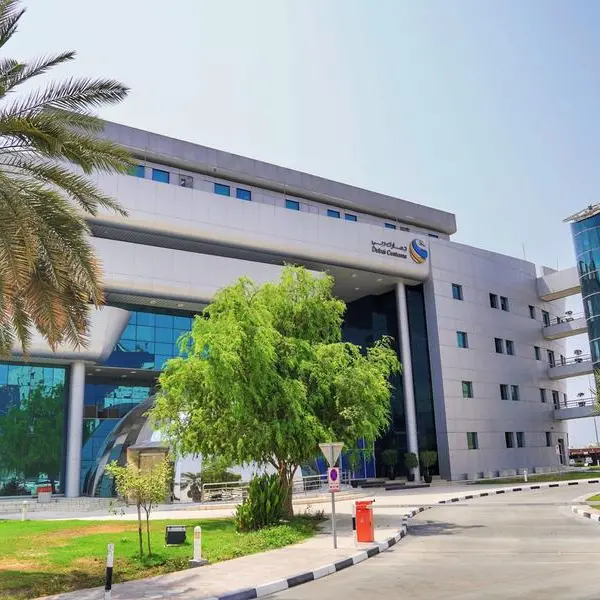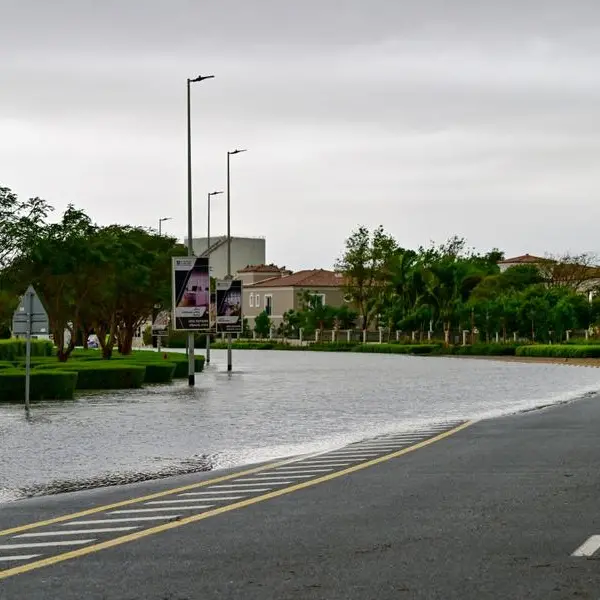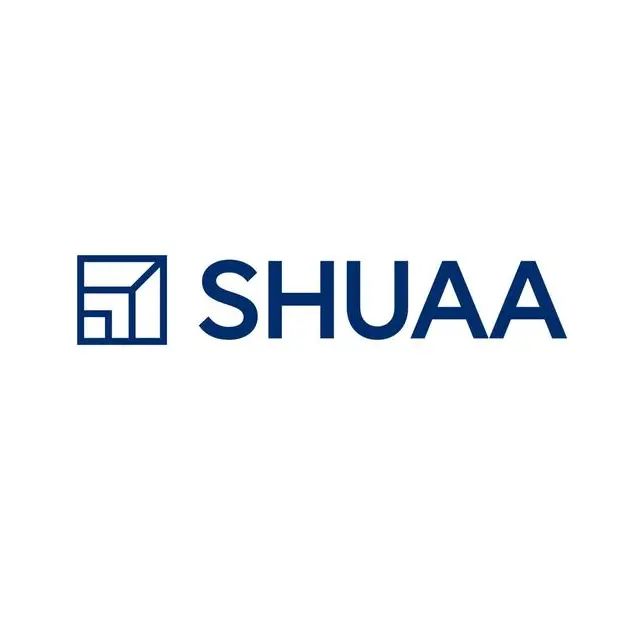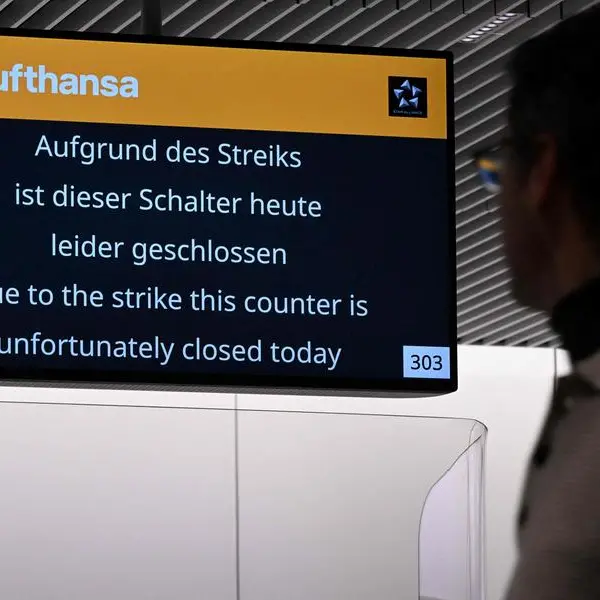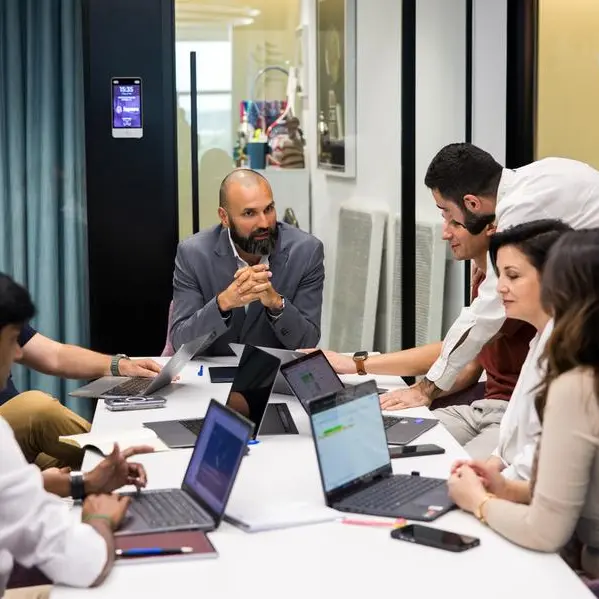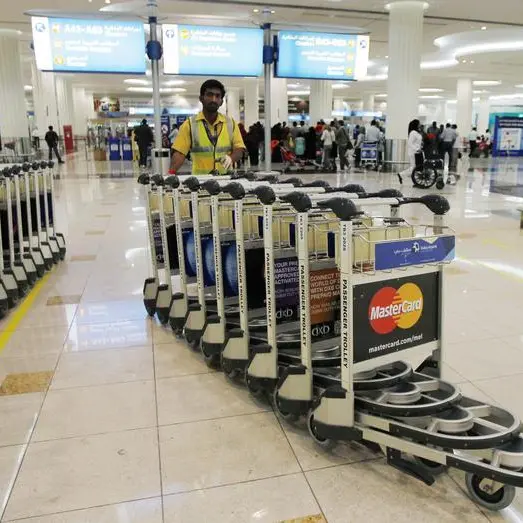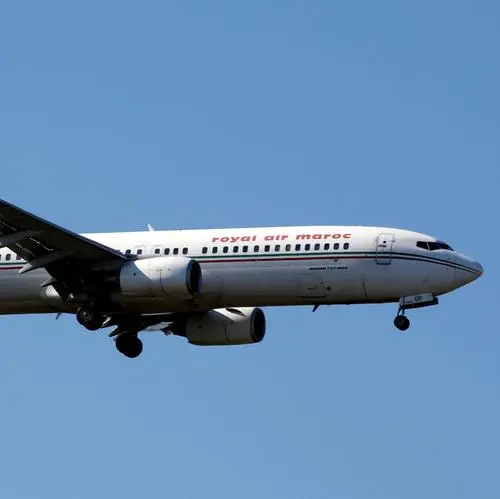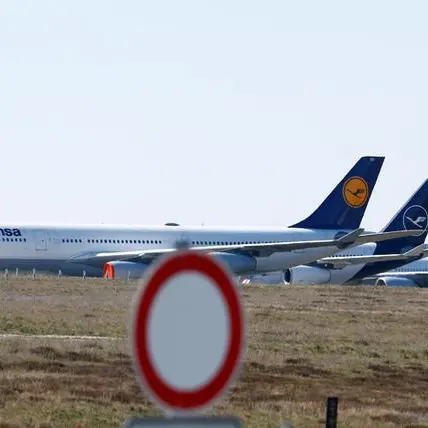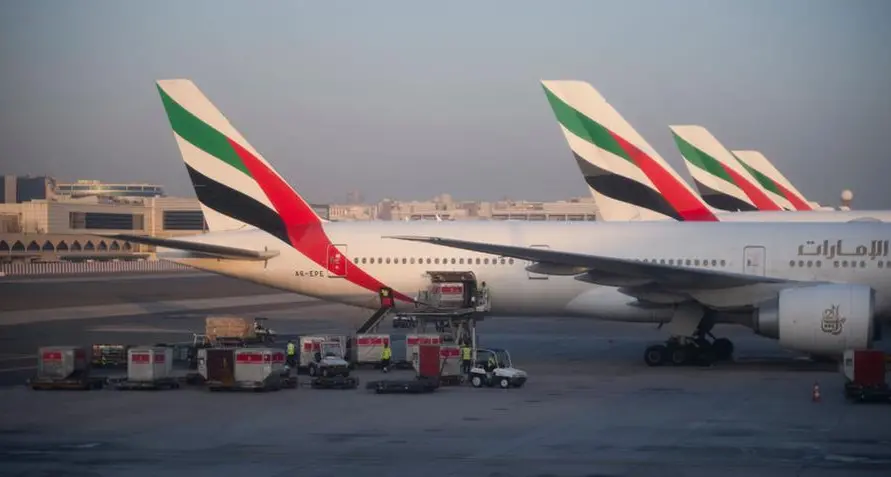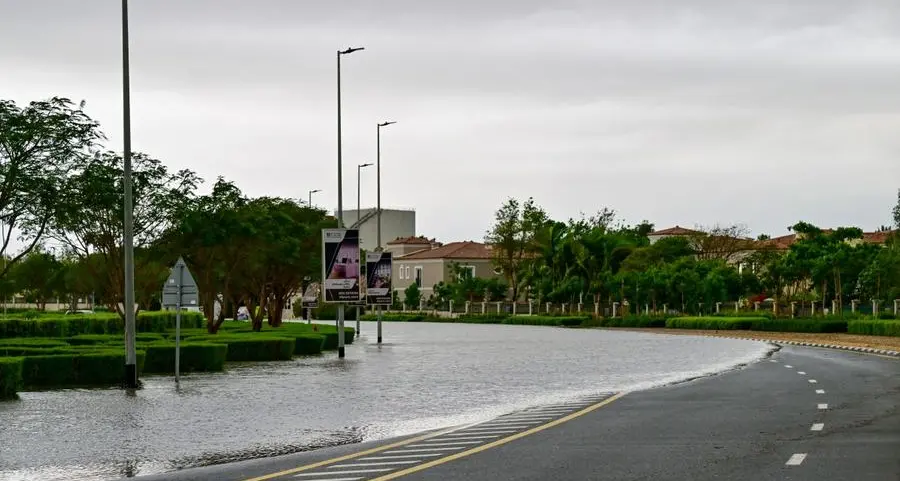PHOTO
By Megha Merani
May 2 (TRPN) - Dubai-based building company Drake & Scull International PJSC (DSI) is owed millions of dollars in unpaid fees for work it has done in Saudi Arabia.
Therefore, it is no surprise that after reporting a 2016 loss of 815.3 million UAE dirhams ($222 million) and launching a restructuring plan earlier this year, the engineering contractor's new chief executive plans to be more 'selective' about the projects the firm bids for going forward.
Like other contractors, DSI has been hurt by delayed payments for projects, particularly in the kingdom, as Gulf state governments rein in infrastructure spending due to lower crude revenues.
But that's not to say it plans to shun opportunities in the Saudi market altogether. Quite the contrary; the contractor considers the kingdom one of its main markets, and key to the trajectory of its order book growth.
Even with payments being a pain point in the oil-producing state, CEO Wael Allan has his hopes riding on a big ticket - the much-awaited award of the Makkah Metro project, for which DSI is part of the preferred bidding consortium that includes Saudi contractor Al-Saad and France's Alstom.
"We still believe the job will go ahead," Allan told Thomson Reuters Projects in an interview last week. "Now, in how many phases, what shape or form, that remains to be determined. The project has had ministerial approval, and we are really waiting on in terms of the timing."
Dr Rumaih Al Rumaih, president of the Public Transport Authority and of the Saudi Railways Organization (SRO) in March said that the kingdom planned to implement metro projects in Makkah, Jeddah, Dammam and Medina as a public private partnership (PPP), but Allan believed it is still not clear what structure the project would take.
"I'm not sure actually it's going to go to a PPP," he said. "I'm not sure there's really still clarity. I think the Makkah Metro required some funding and we understand our main partner on the job (Alstom) has managed to secure funding through a consortium of banks."
Alstom is also part of a consortium working on Dubai's Route 2020 project extending the red Dubai Metro line to the Expo 2020 site. The bid involved submitting both technical and financial proposals.
Allan added that he was hopeful the Makkah rail project would set off in 2017.
"I hope that we can expect maybe towards the latter part of this year something will move on that job," he said.
Saudi outlook
The timeline for the Makkah project is vital as it will have a major impact on the pipeline of projects in the kingdom. In January, consultants Faithful+Gould told Thomson Reuters Projects that the total value of project awards forecast in Saudi Arabia for 2017 could rise from $27 billion to $32 billion if the Makkah Metro project, which was expected to be awarded in 2016, goes through this year.
Reuters reported last year that the firm is owed an unknown amount from Saudi Aramco for the King Abdullah Petroleum Studies and Research Center, a 2 million UAE dirham project in Riyadh.
Allan did not comment on whether any payments from Saudi were beginning to come through.
DSI, one of the biggest engineering companies in the Gulf, has reported worsening earnings in nine of its last 11 quarters, which Allan claims is not unique to DSI and is a reflection of the wider industry as a whole.
"I think we have to understand, in the context, the construction industry is generally in distress," he said. "I think really (with) Saudi it is not just a payment issue," he said.
"Sometimes we have certain major disputes on extension of times, general claims and others. Obviously the scale of projects in Saudi is huge, so when it veers off, it veers of drastically, and so we are dealing with that."
DSI was owed 1.16 billion UAE dirhams from "unapproved change orders", as well as a further 564 million UAE dirhams due from customers on contracts under discussion and negotiation across the GCC, according to its third-quarter financial statement in 2016.
Selective is safer
Leading the company's turnaround, Allan said he prefers a "less is more" approach when bidding for projects. He also said the company does not intend to bid for business outside of its main markets.
"Now, where there are opportunities that are actually good for us and the risk-reward profile fits with our desires and aspiration, we will look at them on a case-by-case basis," he said.
"But the idea is not to expand geographically everywhere and to focus on our core geographies (and) on our core competency, that's Mechanical, Electrical and Plumbing (MEP)."
Industry executives predicted last year that the MEP sector would grow 20 percent in 2017.
DSI's core markets include the United Arab Emirates, Qatar and Saudi Arabia, although the company also has on-going projects in other markets like Iraq, where it won a 228 million UAE dirham Engineering, Procurement and Construction (EPC) contract at the Zubair oil and gas field in Basra last year.
Allan, who replaced former CEO Khaldoun Tabari in October 2016, said the firm plans to be 'selective' about the clients it takes on in order to mitigate risk.
"Selectivity, really, is working with clients where our values, cultures, and objectives are aligned, and people that we know we can work with and where we feel we can add value," he explained.
"Occasionally the odd project for a certain size, or for the glamour of an iconic project - that may not be the best thing for the company."
Meanwhile, DSI plans to sell 'non-core' assets in 2017, helping to fund a cash injection of approximately 900 million UAE dirhams ($245 million) in equity this year.
In March, the company announced it had sold its stake in the One Palm residential development on Palm Jumeirah to Omniyat Properties, its joint venture partner in the project. It also announced to the Dubai Financial Market it had secured a binding offer from Dubai-based Tabarak Investment for a capital injection of 500 million UAE dirhams.
Allan said that the injection of capital would help restart the firm's stalled projects.
However, the firm's current order backlog is expected to help tide the firm over for the next 24 months, Allan said.
"We have an order backlog almost in the order of 7 to 8 million UAE dirhams," he said. "That will see us through for the next two years or so. I think with our selectivity we have sort of shied away maybe from bidding a lot of work randomly."
The CEO said he was looking forward to assuring the market with the new measures and winning and replenishing the contractor's backlog. Adding the Makkah Metro project to that will surely be the cherry on the cake and help fast track its turnaround ambitions.
(Reporting by Megha Merani) ((megha.merani@thomsonreuters.com;))
May 2 (TRPN) - Dubai-based building company Drake & Scull International PJSC (DSI) is owed millions of dollars in unpaid fees for work it has done in Saudi Arabia.
Therefore, it is no surprise that after reporting a 2016 loss of 815.3 million UAE dirhams ($222 million) and launching a restructuring plan earlier this year, the engineering contractor's new chief executive plans to be more 'selective' about the projects the firm bids for going forward.
Like other contractors, DSI has been hurt by delayed payments for projects, particularly in the kingdom, as Gulf state governments rein in infrastructure spending due to lower crude revenues.
But that's not to say it plans to shun opportunities in the Saudi market altogether. Quite the contrary; the contractor considers the kingdom one of its main markets, and key to the trajectory of its order book growth.
Even with payments being a pain point in the oil-producing state, CEO Wael Allan has his hopes riding on a big ticket - the much-awaited award of the Makkah Metro project, for which DSI is part of the preferred bidding consortium that includes Saudi contractor Al-Saad and France's Alstom.
"We still believe the job will go ahead," Allan told Thomson Reuters Projects in an interview last week. "Now, in how many phases, what shape or form, that remains to be determined. The project has had ministerial approval, and we are really waiting on in terms of the timing."
Dr Rumaih Al Rumaih, president of the Public Transport Authority and of the Saudi Railways Organization (SRO) in March said that the kingdom planned to implement metro projects in Makkah, Jeddah, Dammam and Medina as a public private partnership (PPP), but Allan believed it is still not clear what structure the project would take.
"I'm not sure actually it's going to go to a PPP," he said. "I'm not sure there's really still clarity. I think the Makkah Metro required some funding and we understand our main partner on the job (Alstom) has managed to secure funding through a consortium of banks."
Alstom is also part of a consortium working on Dubai's Route 2020 project extending the red Dubai Metro line to the Expo 2020 site. The bid involved submitting both technical and financial proposals.
Allan added that he was hopeful the Makkah rail project would set off in 2017.
"I hope that we can expect maybe towards the latter part of this year something will move on that job," he said.
Saudi outlook
The timeline for the Makkah project is vital as it will have a major impact on the pipeline of projects in the kingdom. In January, consultants Faithful+Gould told Thomson Reuters Projects that the total value of project awards forecast in Saudi Arabia for 2017 could rise from $27 billion to $32 billion if the Makkah Metro project, which was expected to be awarded in 2016, goes through this year.
Reuters reported last year that the firm is owed an unknown amount from Saudi Aramco for the King Abdullah Petroleum Studies and Research Center, a 2 million UAE dirham project in Riyadh.
Allan did not comment on whether any payments from Saudi were beginning to come through.
DSI, one of the biggest engineering companies in the Gulf, has reported worsening earnings in nine of its last 11 quarters, which Allan claims is not unique to DSI and is a reflection of the wider industry as a whole.
"I think we have to understand, in the context, the construction industry is generally in distress," he said. "I think really (with) Saudi it is not just a payment issue," he said.
"Sometimes we have certain major disputes on extension of times, general claims and others. Obviously the scale of projects in Saudi is huge, so when it veers off, it veers of drastically, and so we are dealing with that."
DSI was owed 1.16 billion UAE dirhams from "unapproved change orders", as well as a further 564 million UAE dirhams due from customers on contracts under discussion and negotiation across the GCC, according to its third-quarter financial statement in 2016.
Selective is safer
Leading the company's turnaround, Allan said he prefers a "less is more" approach when bidding for projects. He also said the company does not intend to bid for business outside of its main markets.
"Now, where there are opportunities that are actually good for us and the risk-reward profile fits with our desires and aspiration, we will look at them on a case-by-case basis," he said.
"But the idea is not to expand geographically everywhere and to focus on our core geographies (and) on our core competency, that's Mechanical, Electrical and Plumbing (MEP)."
Industry executives predicted last year that the MEP sector would grow 20 percent in 2017.
DSI's core markets include the United Arab Emirates, Qatar and Saudi Arabia, although the company also has on-going projects in other markets like Iraq, where it won a 228 million UAE dirham Engineering, Procurement and Construction (EPC) contract at the Zubair oil and gas field in Basra last year.
Allan, who replaced former CEO Khaldoun Tabari in October 2016, said the firm plans to be 'selective' about the clients it takes on in order to mitigate risk.
"Selectivity, really, is working with clients where our values, cultures, and objectives are aligned, and people that we know we can work with and where we feel we can add value," he explained.
"Occasionally the odd project for a certain size, or for the glamour of an iconic project - that may not be the best thing for the company."
Meanwhile, DSI plans to sell 'non-core' assets in 2017, helping to fund a cash injection of approximately 900 million UAE dirhams ($245 million) in equity this year.
In March, the company announced it had sold its stake in the One Palm residential development on Palm Jumeirah to Omniyat Properties, its joint venture partner in the project. It also announced to the Dubai Financial Market it had secured a binding offer from Dubai-based Tabarak Investment for a capital injection of 500 million UAE dirhams.
Allan said that the injection of capital would help restart the firm's stalled projects.
However, the firm's current order backlog is expected to help tide the firm over for the next 24 months, Allan said.
"We have an order backlog almost in the order of 7 to 8 million UAE dirhams," he said. "That will see us through for the next two years or so. I think with our selectivity we have sort of shied away maybe from bidding a lot of work randomly."
The CEO said he was looking forward to assuring the market with the new measures and winning and replenishing the contractor's backlog. Adding the Makkah Metro project to that will surely be the cherry on the cake and help fast track its turnaround ambitions.
(Reporting by Megha Merani) ((megha.merani@thomsonreuters.com;))
